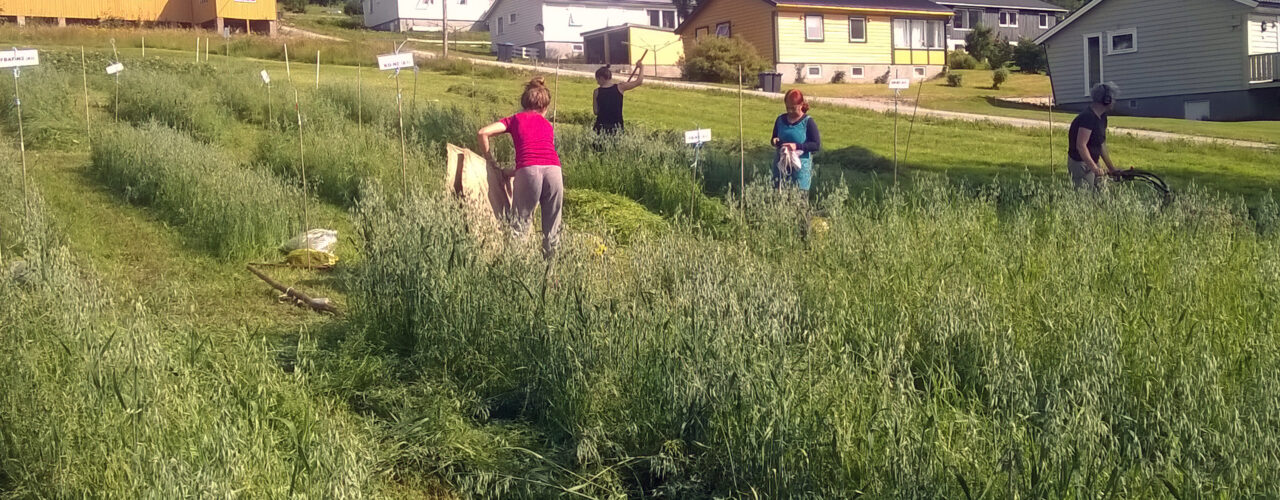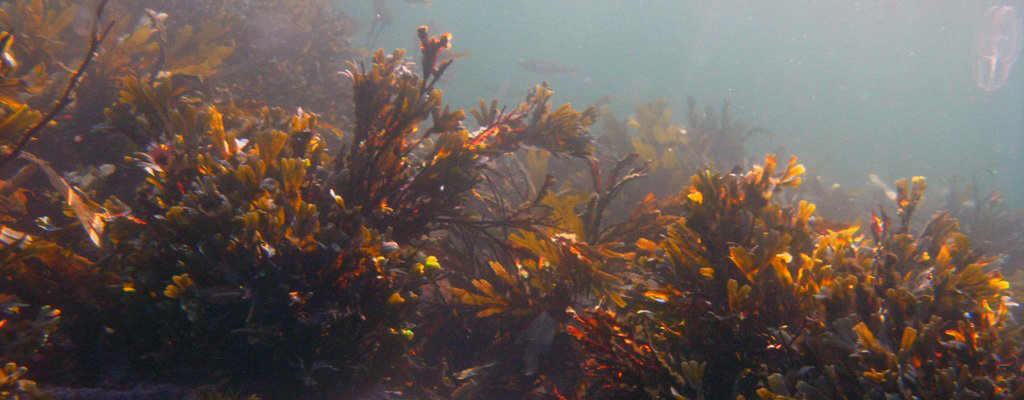
Residual materials from marine industries as fertilizers in organic agriculture (RESTOR)
Recycled fertilizers may increase organic farming integrity. Lots of nutrients are leached into the sea. Can we combine cod heads and seaweed residues to a complete fertilizer for organic growing?

Large volumes of nutrients are transported from agricultural fields to animal feeding and human food consumption. Some nutrients are recycled via animal manure and utilization of sewage, but significant amounts reach the ocean. Organic agriculture needs to recycle nutrients for maintenance of soil fertility. RESTOR will study if marine rest raw materials may be combined to a complete organic fertilizer, which may replace the current use of conventional poultry manure. Seaweed and wild fish residues are relevant materials. Which amounts of such materials are available in the county of Møre and Romsdal, and how can these best be combined and processed to produce an organic fertilizer that can be easily stored and spread? This topic is studied in a 3 year project at NORSØK (2018-20).
Closer cooperation between the blue and green sector has a potential to initiate significant industrial activity, but there is a lack of knowledge to combine these sectors.
If marine rest raw materials may be combined to a complete organic fertilizer, such a product may have a commercial interest well beyond Norway. The nutrients not being recycled to agricultural soil will end in the oceans, and collecting these nutrients for recycling in soil may be a sustainable alternative to application of conventional manure. As more and more feed for raised fish is produced on agricultural soil, closure of the nutrient gaps from land to sea is increasingly important. The Norwegian Food Safety Authority manages the regulations for organic production in Norway, and decide in each case whether a specific material can be accepted as a fertilizer or soil amendment in organic growing, according to EU regulations.
Fra markdag om bruk av marine restråstoff som gjødsel i landbruket på Tingvoll gard høsten 2020. Vi ser på resultater fra vekstforsøk med fiskegjødsel de siste to åra.
Algae fibre and fishbones were tested in field on Tingvoll farm in 2019. This video shows you what was done, and what we achieved

